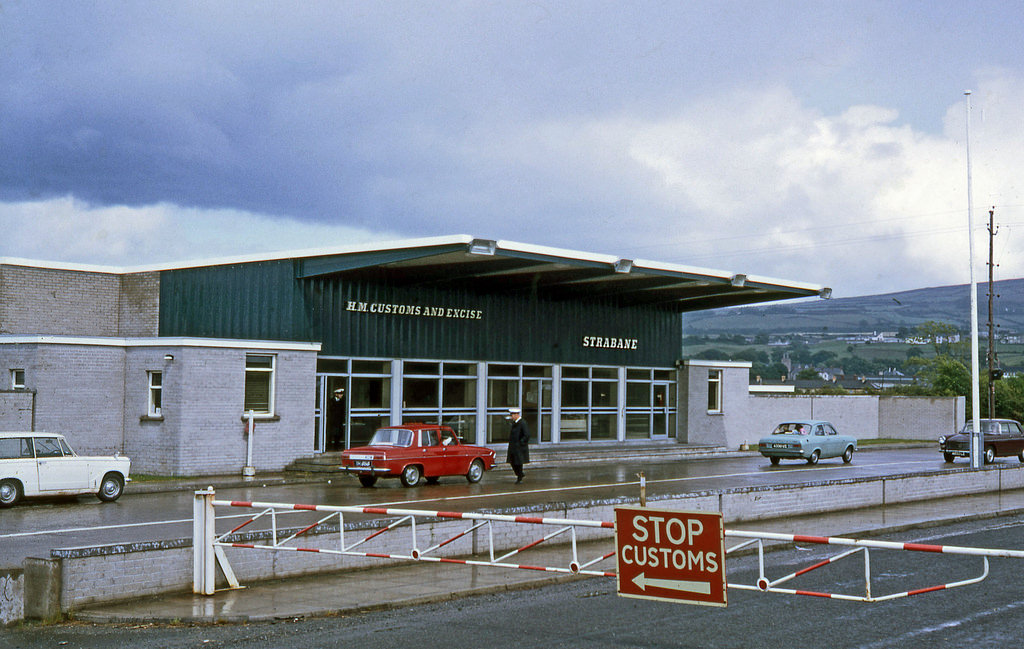Irish border backstop: many unanswered questions and considerable economic challenges
The so-called backstop option that is currently on the table is an imperfect solution that needs further work says Dr Billy Melo Araujo and Dr Federico Lupo Pasini.

The lack of a hard border with the Republic of Ireland seems incompatible with some of the central goals, as identified by the British government, of Brexit. The UK wishes to leave the customs union so that it can carry out its own independent trade policy and negotiate its trade agreement and it also wishes to leave the single market to deviate from EU rules. However, leaving the customs union and the single market would inevitably mean that border checks would be required to, for example, collect tariffs and check regulatory compliance.
How to square such clearly irreconcilable goals has occupied much of time and attention of Brexit negotiators. In December 2017, the EU and UK issued a Joint Report outlining the progress of the Brexit negotiations where they set out three potentially solutions to Irish border conundrum. The first solution would be for the border issue to be resolved in the framework of a future EU-UK trade agreement. The second option would be for the issue to resolve through specific solutions. The third option would require the UK to commit to align itself with EU customs and internal market rules. This last option is typically referred as the ‘back-stop option’ and would be the last resort scenario that would only apply in case the first two options do not work.
Click here to read more on the LSE Brexit Blog.
Dr Federico Lupo Pasini is a Lecturer at the School of Law, Queen’s University Belfast.
The featured image has been used courtesy of a Creative Commons license.




